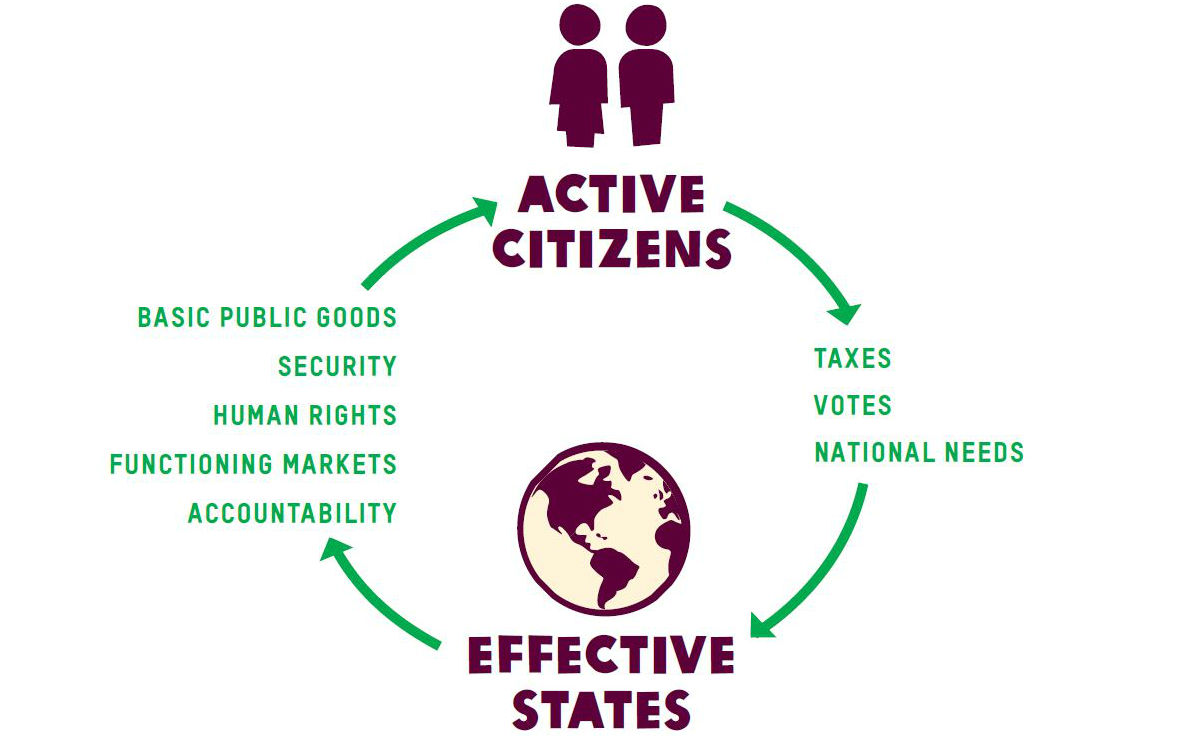US development assistance to local institutions: The beginning of the end of aid?

How do we turn platitudes of supporting locally-led efforts into a reality? asks Semkae Kilonzo of Tanzania’s Policy Forum
How do we turn platitudes of supporting locally-led efforts into a reality?
Semkae Kilonzo is the Coordinator of the Policy Forum, a network in of over 100 civil society organizations working to make policies work for ordinary Tanzanians.

I attended yet another high-level meeting on development in Dar es Salaam. The roundtable discussion, “Bridging Africa’s Transformation Gap,” was attended last week by top Tanzanian government officials and the Prime Minister of Finland. Central in the discussion was how Europe could assist Africa – what Africa needs and what Europe should expect in return. The usual paradigms all featured heavily: focusing on policy and institutional change; the significance of grasping country contexts; and donors avoiding the habit of pushing their own agendas.
The concept that “development cannot be thrust upon Africa from outside” is far from new. I have certainly heard it countless times since joining civil society over a decade ago. But that is the problem with perennial debates.
We churn out aid clichés and platitudes to a point whereby we all stop thinking what they really mean, and revert back to the routine “business as usual” practices.
We tout the importance of long-term investments in locally-led attempts to combat corruption and safeguard human rights in recognition of the fact that building systems of accountability is an enduring effort. Yet parachuted, one-off training exercises for local ‘demand-side’ actors conducted by aid agencies’ contractors are the norm.
We talk of building the capacity of community groups to come up with innovative and context-specific solutions to their problems. But on the ground, programs that fail to concretely involve women in coming up with these solutions.
So how do we turn platitudes of supporting locally-led efforts into reality? But what happens once the experts have gone? How can local institutions learn without endogenous ideas?
In places where corruption and poor governance are the order of the day, aid donors are simply billed for services that governments, contractors, and NGOs have failed to deliver. In this Oxfam brief, there are examples of wasteful aid spending that is a result of bypassing local systems, but there are also examples of what happens when aid donors help strengthen local systems in Africa and elsewhere.
What is meant by local systems? In my home country of Tanzania, I am helping to build an environment where promise is manifested: transparency; meaningful and inclusive participation of citizens by government; an assertive parliament; audit institutions that progressively increase their oversight capacity; relatively free media; and civil society that engages in budget monitoring and advocacy. This is where aid can make a difference.
That’s why I am in support of USAID doing things a bit differently—by ensuring responsible governments, local businesses, and civil society organisations can take the lead. In what USAID terms Local Systems Strengthening, (formerly “Implementation and Procurement Reform (IPR)”), USAID will facilitate local stakeholders to meet their countries’ needs by “nurtur[ing] lasting institutions, systems, and capacities in developing countries that enable them to confront development challenges effectively.”
While I must admit much of the language still reads clichéd, this is a good initial step that shows that a major aid agency has begun to recognise that the responsibility of developing poor countries lies foremost with those nations and that the United States’ role is complementary. As John Githongo, CEO of Inuka Kenya Trust, says, “It is us who own our problems. And it is us who will come up with the solutions.”
So do I see a day when phrases such as “supporting locally-led initiatives” are less of a cliché and more of the modus operandi in development aid? Maybe not in my lifetime. But I am working towards the day that we live in countries where persons have a right to and do receive justifications for the use of public resources, and where government leaders take corrective measures where necessary. When this happens, I will know then that the beginning of the end of development aid is near.